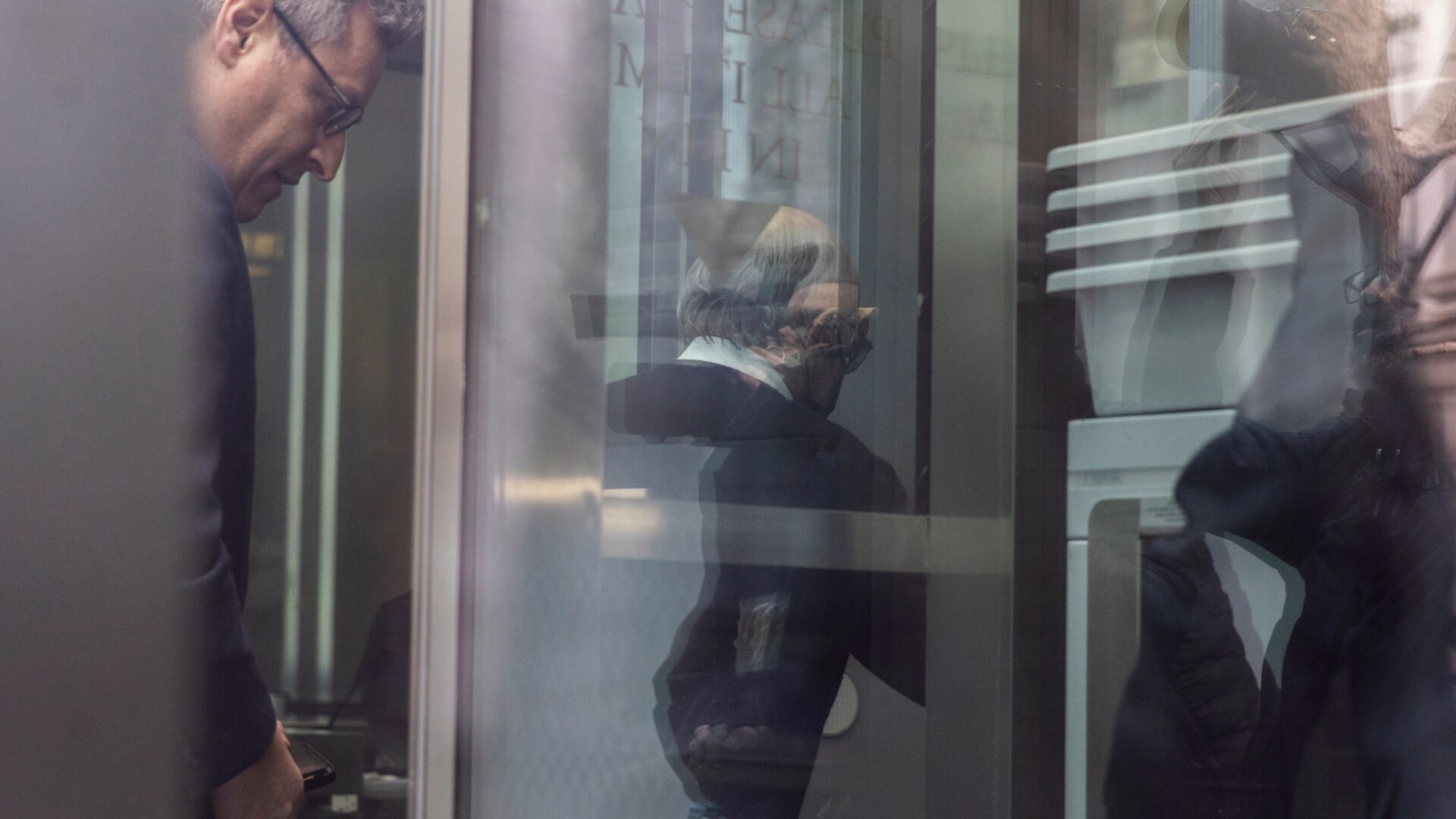Did you know that the only thing riskier than day trading without a plan is trying to outsmart the law with insider information? In this article, we dive deep into the legal consequences of insider trading, outlining the serious penalties day traders face if caught. We cover everything from how insider trading violates securities laws to the criminal charges that can arise. Discover the roles of tippees and tipsters, the evidence used in prosecutions, and the long-term risks involved. With insights from DayTradingBusiness, you’ll learn why maintaining market integrity is crucial for your trading career and how to navigate the legal landscape effectively.
What are the legal penalties for insider trading?
Legal penalties for insider trading include hefty fines, up to $5 million for individuals, and imprisonment for up to 20 years. Authorities can seize profits gained from illegal trades and impose bans from trading securities. Convictions also lead to reputational damage and potential civil lawsuits.
How does insider trading violate securities laws?
Insider trading violates securities laws by using confidential company information to gain an unfair advantage in buying or selling stocks. It breaches fiduciary duty and securities regulations, leading to legal penalties like fines, disgorgement of profits, and criminal charges. The law aims to maintain fair markets by preventing insiders from exploiting non-public information for personal gain.
Can day traders be prosecuted for insider trading?
Yes, day traders can be prosecuted for insider trading. If they use confidential, non-public information to make trades, securities regulators like the SEC can pursue criminal or civil charges, leading to fines, bans from trading, or jail time.
What are the criminal charges associated with insider trading?
Insider trading can lead to criminal charges like securities fraud, conspiracy to commit securities fraud, and making false statements to the SEC. These charges can result in hefty fines, imprisonment, and bans from trading.
What civil penalties can result from insider trading?
Insider trading can lead to hefty civil penalties, including fines up to three times the profit gained or loss avoided. The SEC can also seek disgorgement of profits, bans from trading, and court orders to cease illegal activity. These penalties can devastate a trader’s finances and reputation.
How do regulatory agencies detect insider trading?
Regulatory agencies detect insider trading through surveillance of trading patterns, tips from informants, and forensic analysis of trade data. They analyze unusual stock activity, cross-check communication records, and examine the timing of trades around insider information releases. Investigators also review phone, email, and electronic communication for evidence of illicit tips. They use advanced algorithms to spot anomalies and coordinate with exchanges to track suspicious transactions.
What evidence is used to prove insider trading?
Evidence for insider trading includes seized documents, wiretapped conversations, suspicious trading patterns before public news, and insider testimonies. Authorities also look for confidential information received by traders and discrepancies between trading activity and public information.
Are there defenses against insider trading accusations?

Yes, defenses include proving lack of insider knowledge, showing no intent to trade on confidential information, or demonstrating that the trades were based on publicly available data.
How does insider trading impact market integrity?
Insider trading undermines market integrity by creating an uneven playing field, eroding investor trust, and causing unfair advantages. It distorts stock prices, leading to misleading signals for all traders. Legal consequences, like fines and prison, aim to deter such behavior, but ongoing insider trading scandals shake confidence in fair market operations.
What are the consequences of insider trading for a trader’s career?
Insider trading can lead to criminal charges, hefty fines, and jail time. It destroys trust, making it nearly impossible to regain credibility in the trading community. Regulators may revoke licenses, ban traders from markets, and impose severe penalties that end careers. The legal fallout also includes civil lawsuits, financial losses, and lasting damage to reputation.
Can insider trading charges lead to jail time?

Yes, insider trading charges can lead to jail time. The U.S. Securities and Exchange Commission (SEC) and Department of Justice (DOJ) can prosecute offenders, and convictions often result in prison sentences.
How do fines for insider trading compare to other securities violations?
Fines for insider trading are typically much higher than those for other securities violations. Insider trading can result in multimillion-dollar penalties, criminal charges, and imprisonment, while other violations often lead to smaller fines or civil penalties. The severity reflects its breach of trust and market integrity.
What role do tippees and tipsters play in insider trading cases?
Tippees and tipsters are central to insider trading cases. Tipsters share confidential information with tippees, who then use it to make trades before the info becomes public. Courts hold both parties accountable—tipsters for leaking inside info and tippees for profiting from it—leading to criminal charges and hefty penalties. Their involvement often proves the illegal flow of non-public, material information that fuels insider trading.
How do legal proceedings against insider traders unfold?
Legal proceedings against insider traders start with federal investigations by agencies like the SEC and DOJ. They gather evidence such as trading records, communications, and insider tips. prosecutors file criminal charges if evidence shows intentional misconduct. The accused then face arraignment, where they enter pleas. The case proceeds through discovery, hearings, and potentially a trial. If convicted, penalties include hefty fines, asset forfeiture, and prison time. For day traders, insider trading can destroy careers and lead to severe legal and financial consequences.
What are the long-term legal risks of engaging in insider trading?
Long-term legal risks of insider trading include hefty fines, permanent bans from trading or securities industry roles, and potential criminal charges leading to prison sentences. Convictions stay on your record, making future financial and professional opportunities difficult. A felony conviction can also trigger asset forfeiture and civil lawsuits, compounding financial damage.
Conclusion about Legal Consequences of Insider Trading for Day Traders
In summary, insider trading poses significant legal consequences for day traders, including severe penalties and potential jail time. Violating securities laws not only jeopardizes market integrity but also threatens a trader's career and reputation. Regulatory agencies employ various methods to detect such misconduct, and the evidence required can lead to both criminal and civil charges. It’s crucial for traders to understand these risks and the potential ramifications of their actions. Engaging in ethical trading practices is essential for long-term success in the market, a principle emphasized by DayTradingBusiness.
Learn about Preventive Measures Against Insider Trading for Day Traders